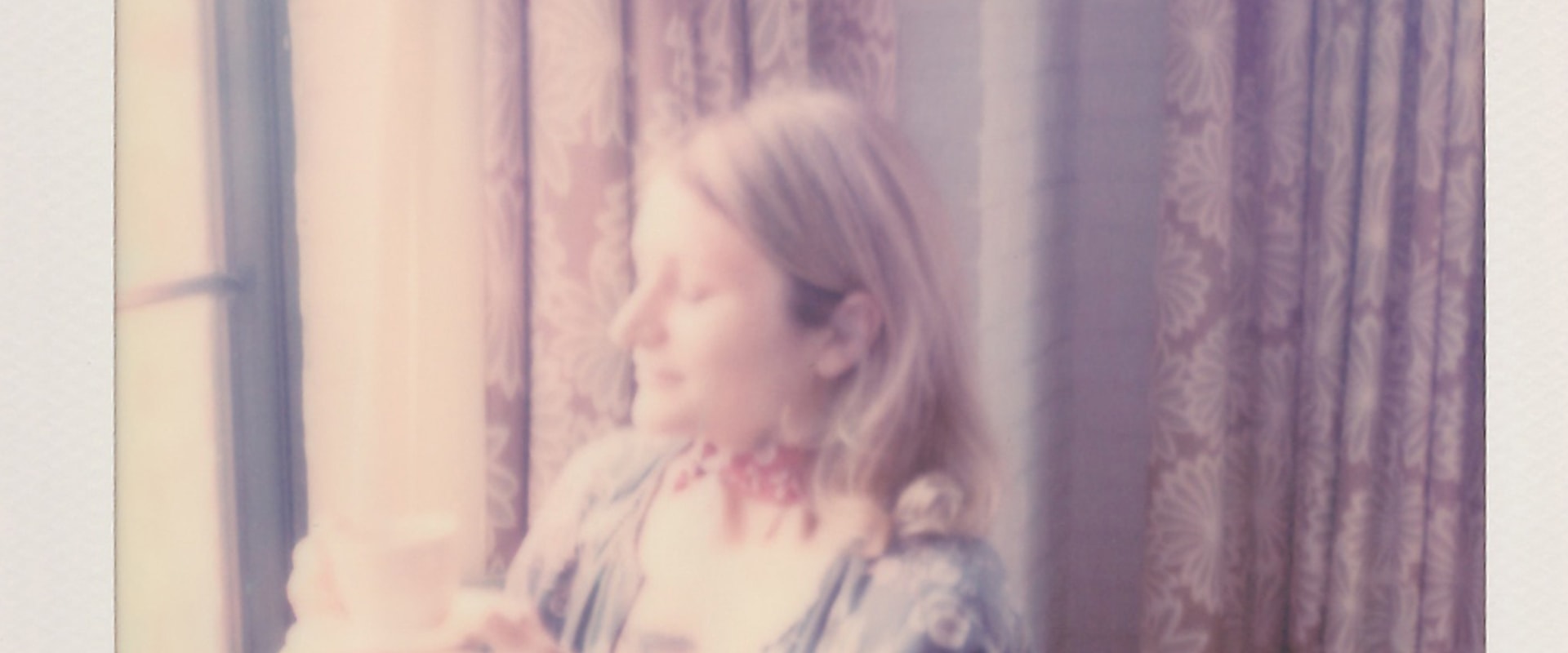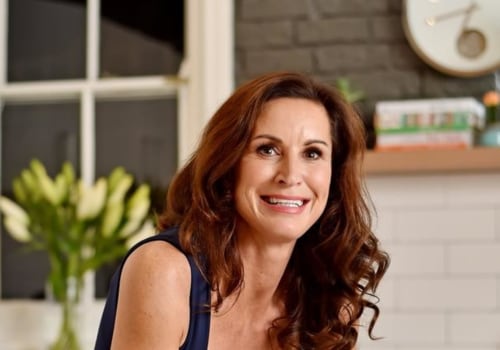We all understand that abstaining from alcohol is a goodthing. However, the early stages of transition, especially in the first fewmonths, can be quite harsh for a love partner. A codependent partnership topursue and use alcohol occurs when alcoholics are present in a relationship,negating far better experiences that couples may otherwise have.
Two persons who are ready for change can become sobertogether without having to end their relationship. Sobriety is exactly whatalcoholic couples require to fully realize their potential as a couple and tolessen the issues that lead to breakups. Don't worry that once you and yourlover are sober, you'll instantly end your relationship. Consider thistransition in your life as a new beginning and the fortunate to have a closecomrade on your sober path.
When you substitute alcohol with the correct attitudes,friends, and habits, your relationship should become stronger than before. Thisdoes not imply that all of your relationships with friends are unstable or atrisk. Some will undoubtedly continue, but even those connections might not lastforever. Similar to the fast pass line at Disneyland, but with a longer waittime, is sobriety.
Even if your friends aren't disturbed by your abstinence,it's probable that if they aren't following their road of self-discovery, therewill eventually be conflict as you learn more about yourself and grow apart.Ask any sober individual if they would like to attend a cocktail party or stayin their pajamas at home with a case of La Croix and The Crown. Nine out of tenof us, I guess, won't even respond, and we'll all laugh because the question isso absurd. Although becoming sober doesn't necessarily make you Liz Lemon, itmight help you realize that you have been Liz Lemon your entire life.
Any sober person can confirm that recovery is difficult towork, and like all forms of hard labor, a little assistance may go a long way.The support of those in the person's life may go a long way, even if some ofthat support takes the shape of 12-step organizations like Alcoholics Anonymousafter therapy. This implies that if feasible, friends and family members shouldtake part in the activities that the individual believes would be most helpfulto their rehabilitation. Therefore, having a spouse around will also be a verymotivating and validating boost to the person's sobriety.
A moderate drinker shouldn't have to give up drinking to bewith a sober person, but realizing that dating a person in recovery has somespecial requirements, like temporarily forgoing some activities and engaging inothers (like going to support group meetings), will lay the groundwork for along-lasting relationship. Any partnership demands dedication and sacrifice. Itwill take a lot of giving and taking to maintain a relationship between someonewho enjoys drinking (and occasionally gets drunk) and someone who cannot drinkat all. Sometimes the nighttime plans of the two spouses may need to bedifferent.
The sober couple may occasionally need to put their sobrietybefore their marriage. Even while there is no assurance that sober dating willalways be enjoyable or simple, if both parties are committed to making it work,they can discover real pleasure in one another.
I commemorated five years of sobriety this year. Over sixyears have passed since I first began to truly explore my relationship withalcohol and the possibility of living without it. That's six long, arduous,wonderful years in which I ultimately overcame my bulimia, stopped using anyrecreational drugs, and quit drinking.
Before I stopped drinking, my life was a lot like GroundhogDay; I was constantly waiting for it to start and would again go through thesame experience day after day after year. At age 34, I eventually decided tostop drinking, and it changed my life. Sincerely, I can say that staying soberis the finest thing I've ever done for myself. It served as my launching padinto a life I knew was hidden within me. I paid off my debt, established abusiness that offers digital rehabilitation, began a podcast, and am currentlyworking on a book.
The finest thing I've ever done was decide to become sober,but it's also one of the toughest things I've ever done. Not just becauseabstaining from alcohol is difficult, but also because almost everyone in ourculture consumes alcohol.
Drinking is accepted as normal, so giving it up might feellike breaching a social contract. So your courageous, life-improving choice toabstain from alcohol will result in improvements practically wherever you turn.Here are a few unexpected (and not so unexpected) things that will unavoidablyhappen to your relationships, identity, and even your leisure time, along withmy advice on how to handle each one.
I've always found drunk individuals to be entertaining,therefore I didn't want my pathetic alcohol use to stick out. I wanted to fitin well with a group that didn't find anything odd about a glass of wine atmidday or one that recognized that occasionally you simply want to drinkyourself silly.
So, there won't be a problem if all of your buddies drinkwith you, right? Confirmation bias is a psychological term that refers to thetendency for people to seek data that confirms their notions. For instance, ifyou've persuaded yourself that you don't genuinely have a problematicconnection with drinking, you could continually be looking for evidence tosupport that claim (like the fact that all of your friends do the same thing,so nothing seems wrong here).
When you tell people you're no longer drinking, they can behorrified by your choice; you might have just derailed their quest forself-acceptance and taken away some of their justification for their actionsand way of life. Some of your friends, or those who feel threatened by yourdecision, may act as though nothing is happening, pressurize you to drink,interrogate your decision, or simply remark something like, "Oh, you'restill doing that not drinking thing?" They occasionally ceasecommunicating with you entirely.
This doesn't mean that all of your relationships with palswill be adversely affected or altered. Some will undoubtedly endure, but eventhose may not be lasting relationships. Similar to the fast-pass queue atDisneyland, but with the ride maturing, is sobriety. Even if your buddies aren'tnegatively affected by your decision to stop drinking, it's still conceivablethat if they aren't actively following their paths of self-discovery, there mayeventually be conflict as you continue to grow and learn about yourself and youtwo may drift away.
There isn't just one method to approach things. It's acomponent of sobriety and isn't always a terrible thing. A great method to letgo of connections you no longer need and create new ones that reflect your newbeliefs is via sobriety. The only thing you can do is have faith thatfriendships will either dissolve or expand naturally, and whichever road theyfollow is probably for a purpose, even if it can be painful and emotional towitness some relationships deviate from their intended trajectory. Maintainyour standards and be patient.








Leave Reply